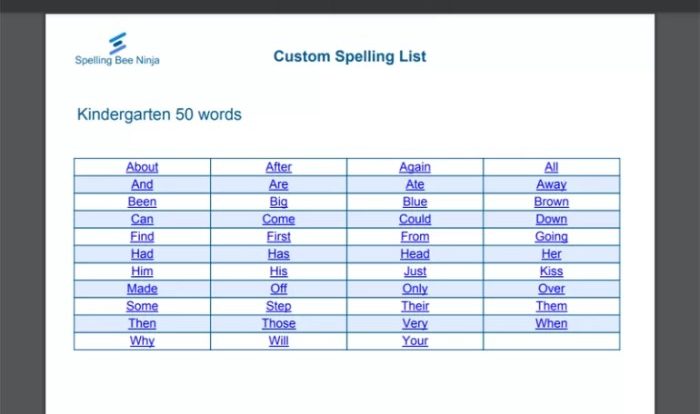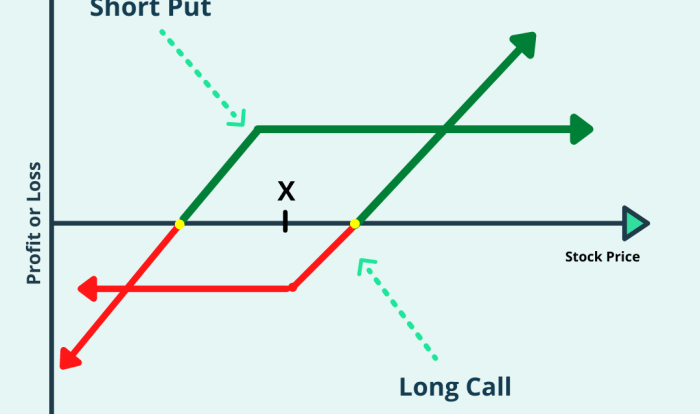Which level of anxiety enhances the client’s learning abilities? This question has intrigued researchers and educators for decades. Anxiety is a normal human emotion that can have both positive and negative effects on learning. When anxiety is low, it can help us to focus and concentrate.
However, when anxiety is too high, it can interfere with our ability to learn.
The Yerkes-Dodson Law is a theory that describes the relationship between anxiety and performance. According to this law, there is an optimal level of anxiety for learning. When anxiety is too low, performance will be poor. When anxiety is too high, performance will also be poor.
The optimal level of anxiety for learning is different for different people and for different tasks.
1. Overview of the Effects of Anxiety on Learning
Anxiety exerts a significant influence on cognitive processes, including attention, memory, and problem-solving. Moderate levels of anxiety can enhance focus and motivation, leading to improved learning outcomes. However, excessive anxiety can impair these cognitive functions, resulting in decreased learning efficiency.
Examples of the Impact of Different Anxiety Levels on Learning Outcomes
- Low Anxiety:Reduced attention, difficulty concentrating, and impaired memory.
- Moderate Anxiety:Enhanced focus, increased motivation, and improved problem-solving.
- High Anxiety:Cognitive overload, impaired attention, and decreased learning retention.
2. Identifying the Optimal Level of Anxiety for Learning
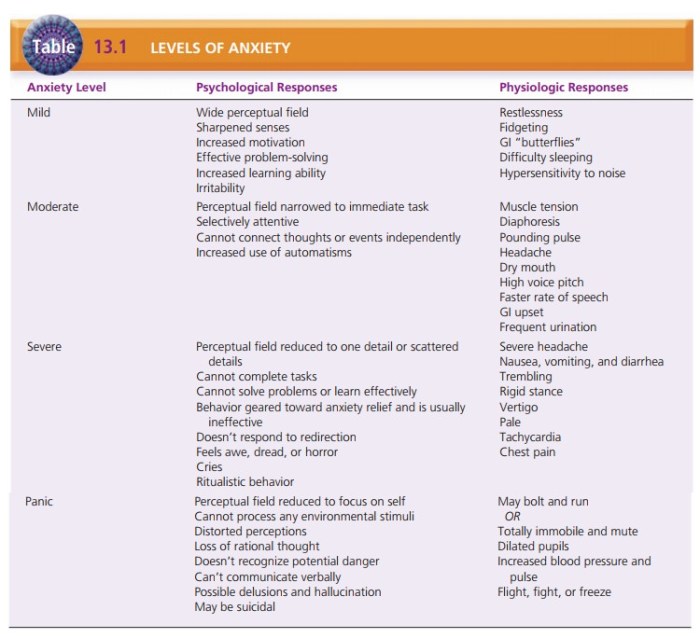
The Yerkes-Dodson Law
The Yerkes-Dodson Law postulates an inverted U-shaped relationship between anxiety and performance. Moderate levels of anxiety facilitate optimal performance, while both low and high levels impair performance.
Research Findings
Studies have identified an optimal level of anxiety that enhances learning abilities. For instance, research by Yerkes and Dodson (1908) found that rats performed best in a maze task when they experienced moderate levels of anxiety.
3. Physiological and Psychological Mechanisms: Which Level Of Anxiety Enhances The Client’s Learning Abilities
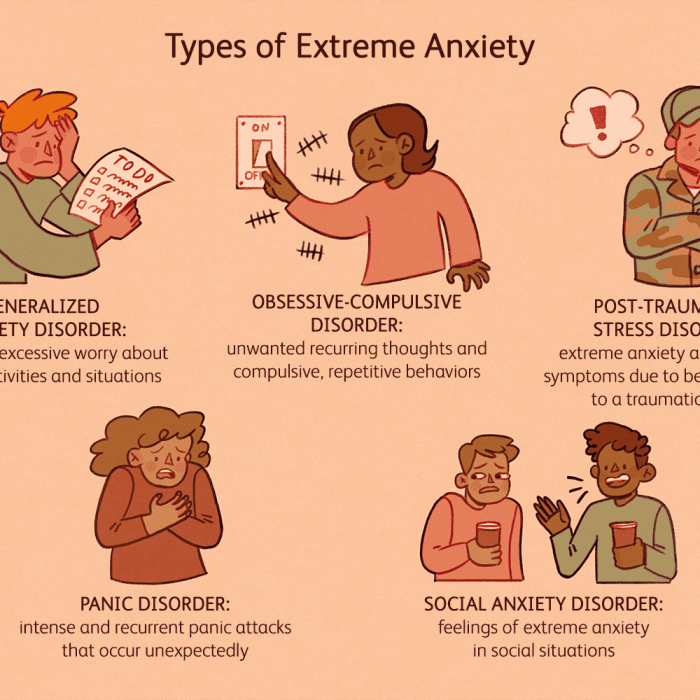
The relationship between anxiety and learning is influenced by physiological and psychological mechanisms.
Physiological Mechanisms, Which level of anxiety enhances the client’s learning abilities
- Neurotransmitter Levels:Anxiety triggers the release of stress hormones such as cortisol, which can enhance memory consolidation.
- Brain Activity:Moderate anxiety increases activity in the amygdala and hippocampus, brain regions involved in emotional processing and memory formation.
Psychological Mechanisms
- Cognitive Restructuring:Anxiety can motivate individuals to re-evaluate their beliefs and behaviors, leading to improved learning.
- Self-Regulation:Moderate anxiety promotes self-regulation, enabling individuals to manage their emotions and focus on learning.
4. Strategies for Managing Anxiety in Learning Situations
Managing anxiety in learning situations is crucial for optimal learning outcomes.
Techniques for Students
- Relaxation Exercises:Deep breathing, meditation, and yoga can reduce anxiety levels.
- Cognitive Restructuring:Challenge negative thoughts and replace them with positive ones.
- Seeking Support:Talking to a counselor or therapist can provide emotional support and coping mechanisms.
Techniques for Educators
- Create a Positive Learning Environment:Establish a supportive and encouraging classroom atmosphere.
- Provide Clear Expectations:Communicate learning objectives and expectations clearly to reduce uncertainty.
- Offer Opportunities for Practice:Allow students to practice skills and receive feedback to build confidence.
5. Implications for Educational Practices
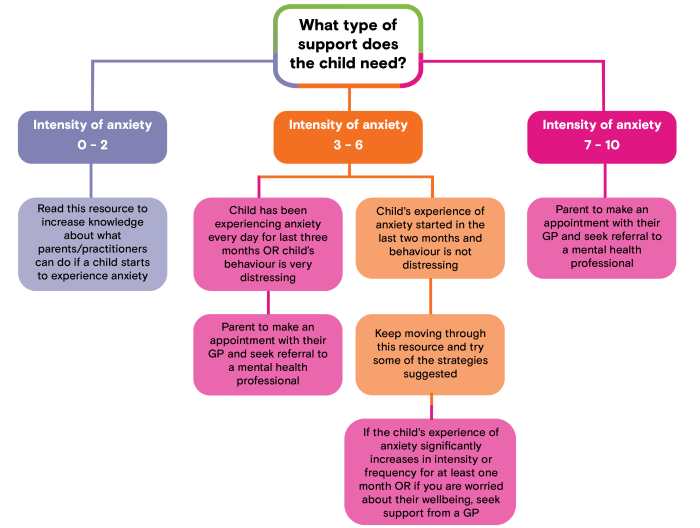
The research on anxiety and learning has significant implications for educational practices.
Implications for Educators
- Foster Optimal Anxiety Levels:Educators should create learning environments that foster moderate levels of anxiety to enhance student learning.
- Promote Self-Regulation:Encourage students to develop self-regulation strategies to manage their anxiety and improve learning outcomes.
- Provide Supportive Interventions:Offer support services, such as counseling and peer support groups, to address students’ anxiety and promote well-being.
FAQ Corner
What is the Yerkes-Dodson Law?
The Yerkes-Dodson Law is a theory that describes the relationship between anxiety and performance. According to this law, there is an optimal level of anxiety for learning. When anxiety is too low, performance will be poor. When anxiety is too high, performance will also be poor.
What is the optimal level of anxiety for learning?
The optimal level of anxiety for learning is different for different people and for different tasks. However, research has shown that moderate levels of anxiety can be beneficial for learning.
How can I manage anxiety in learning situations?
There are a number of strategies that students and educators can use to manage anxiety in learning situations. These strategies include relaxation exercises, cognitive restructuring, and seeking support.
